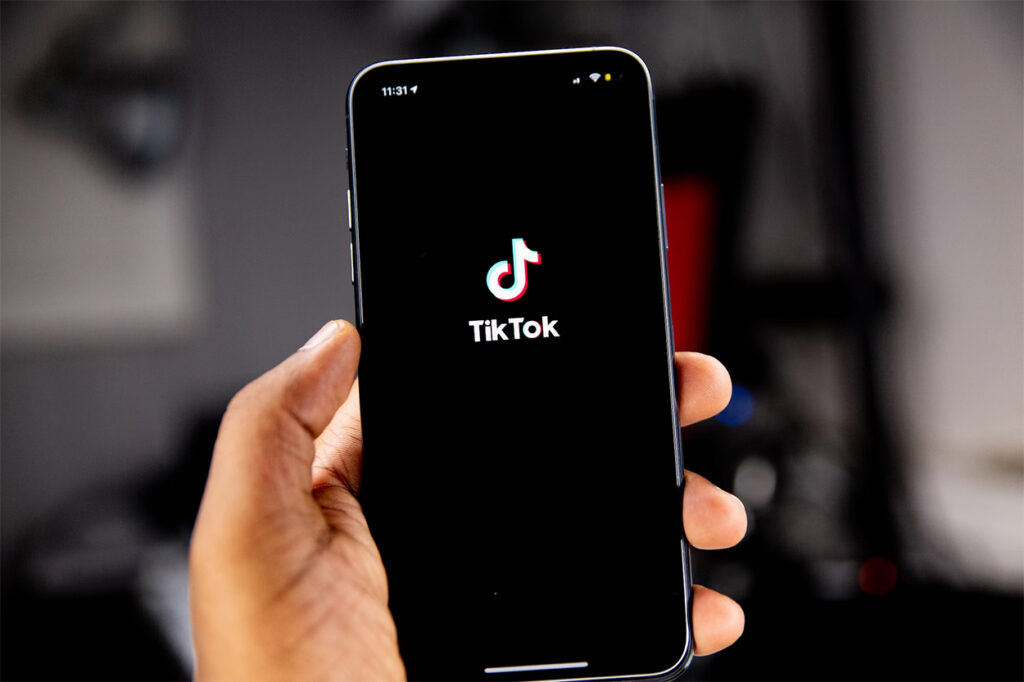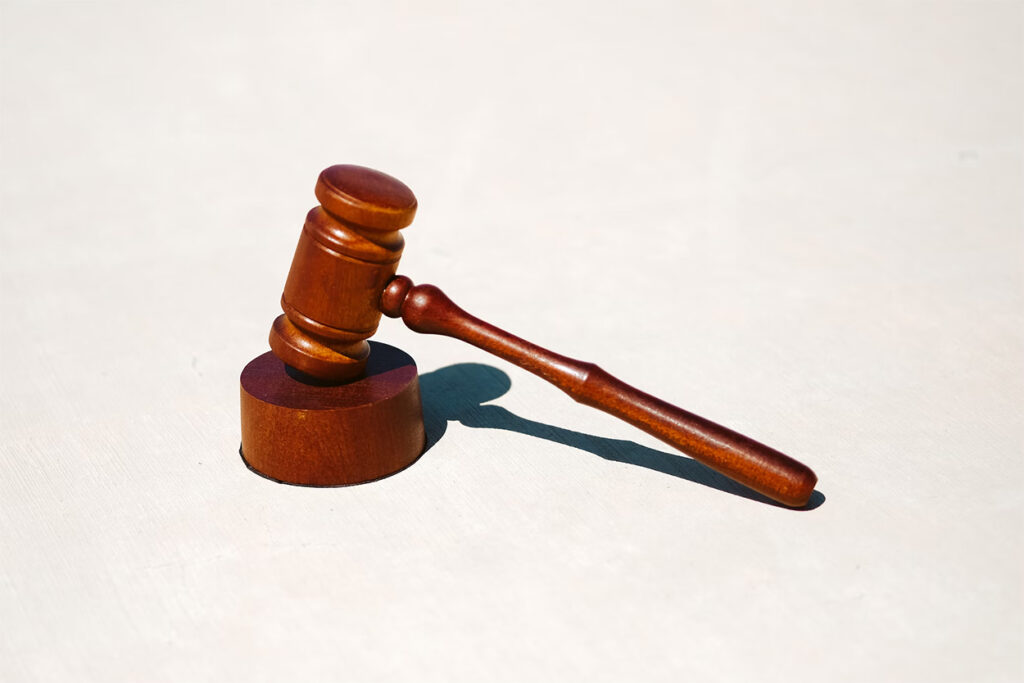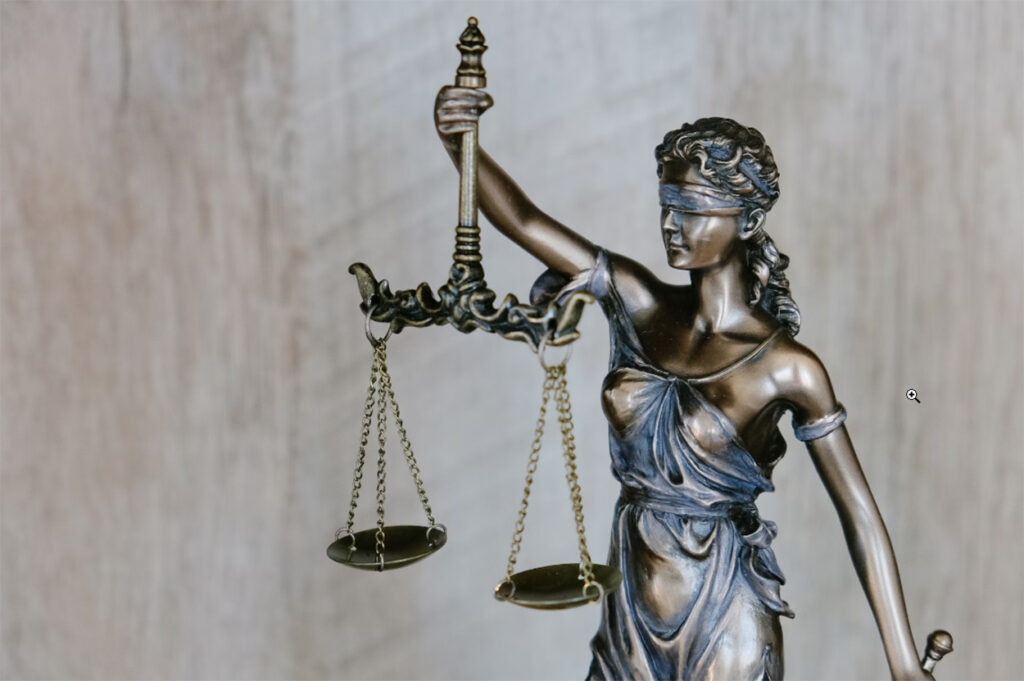Montana’s Pioneering TikTok Ban Blocked in Court Ahead of 2024 Implementation
In a landmark legal confrontation, Montana’s bold attempt to become the first U.S. state to ban TikTok faced a formidable challenge in federal court. The case, which has garnered national attention, pivots around Judge Donald Molloy’s recent decision to block the implementation of Montana’s SB 419 bill. This bill, championed by Governor Greg Gianforte and set to take effect on January 1, 2024, aimed to prohibit the popular social media platform due to concerns over the Chinese Communist Party’s potential access to American user data. This judicial ruling not only represents a significant setback for the Montana government but also underscores the complex interplay of national security, digital privacy, and constitutional rights in the age of global digital platforms. The controversy delves into the intricate dynamics of legal and constitutional debates, international relations, and the broader implications for multinational corporations operating in an increasingly interconnected digital landscape.
Federal Judge Intervenes: Blocking Montana’s TikTok Ban
A federal judge in Montana, Judge Donald Molloy, issued a preliminary ruling blocking the state’s initiative to ban TikTok, which was set for January 1, 2024. His decision, detailed in a legal filing, emphasized the state’s failure to justify the SB 419 bill under constitutional grounds. This represented a significant setback for Governor Greg Gianforte, who had advocated for the bill since May as a vital step to protect Montanans from surveillance by the Chinese Communist Party. This judicial intervention highlighted the intricate balance between state legislative actions and constitutional liberties.
Montana’s Legislative Efforts and National Security Concerns
Governor Gianforte’s legislative push for the SB 419 bill stemmed from concerns about the Chinese government potentially accessing sensitive information of U.S. citizens through TikTok. The bill’s introduction in May aligned with increasing apprehension among U.S. states regarding data security with foreign digital platforms. This movement gained attention nationally, as lawmakers debated the challenges of regulating these platforms while considering privacy and international relations.
Legal and Constitutional Challenges to the Ban
The ban faced significant legal and constitutional challenges, particularly concerning free speech and interstate commerce. TikTok’s legal team argued that the Montana legislature’s allegations about the app’s risks were unsubstantiated. Judge Molloy’s ruling suggested that Montana’s legislation appeared more focused on geopolitical issues associated with TikTok’s Chinese ownership rather than consumer protection, raising questions about the state’s ability to balance national security concerns with constitutional rights.
ByteDance’s Response and Broader Implications
In response to the ban, ByteDance, TikTok’s parent company, filed a lawsuit, arguing that the action was based more on nationality than security. The court’s decision in this case underscored the ongoing tension between national security and global commerce. Amid scrutiny from U.S. lawmakers regarding ByteDance’s ties to the Chinese government, TikTok had initiated “Project Texas” with Oracle to address data security concerns. This dispute between Montana and TikTok mirrors a broader global discussion on data sovereignty and the challenges faced by multinational corporations in the digital era.
The federal court’s decision to block Montana’s pioneering TikTok ban signifies a pivotal moment in the ongoing debate over digital privacy and national security in the United States. Judge Molloy’s ruling, challenging the constitutionality of Montana’s legislative efforts, underscores the intricate balance between safeguarding citizen data and upholding constitutional liberties in the digital age. This case, involving international tech giants and state governments, highlights the complexities faced by policymakers in navigating the globalized digital landscape. As Montana grapples with the implications of this ruling and ByteDance continues to defend its operations, the outcome of this legal battle sets a precedent for how the U.S. may approach similar issues in the future, reflecting the evolving nature of digital policy and international relations in an increasingly interconnected world.


